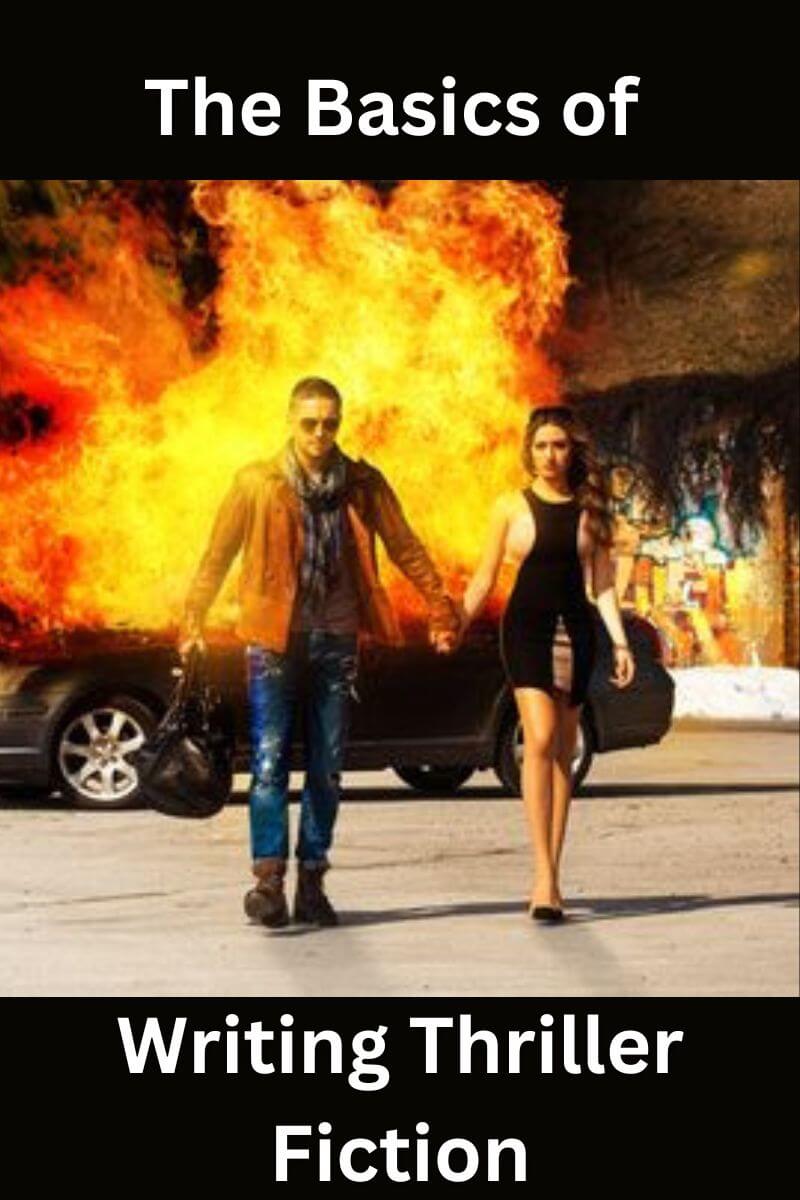Dramatica Requirements
Question: First up, I utterly adore the site. I visit it at least once a week and I've been experimenting with dramatica ever since I found it about two years ago. It's helped my plots tremendously, so thank you so much for putting it out there!
On to my question: I've always had a lot of trouble working out the Requirements bit of my stories. I understand how it might work for stories where the goal is tangible or quest-based, but what about stories where the goal is more abstract or character driven? Everything I've read regarding Dramatica suggests the Requirements should be easily identifiable as marked progress towards the goal, but how exactly does that work in a story where the goal itself isn't immediately obvious (at least until you sit down and analyze the story)?
I'm especially confused about how to apply this when the goal is collective, where everyone is pursuing the same type of goal rather than a single thing that everyone has their sights on.
For example, in a story where the collective story goal is finding happiness in a relationship (to borrow the example used in Storyweaver), what would some possible requirements be?
I'd really appreciate any clarification you could offer. Thank you!
Answer: First up, thank you for your kind comments. I'm glad you find this site helpful.
Regarding Requirements... Sometimes stories, like lives, can only be understood in hindsight. While there are stories in which a character is given a Goal or quest in Chapter 1 and purposely pursues it, in other stories the main character has no conscious purpose. He may only know there is a hole in his life or psyche that wants to be filled. For instance, Romeo doesn't set out to end the feud between his family and Juliet's. He just is looking for love. Only in hindsight can the audience see that their romance and suicides were necessary to bring about peace in Verona.
Let's say you have a literary novel with a happy ending. That means the main character's drive, problem, etc. will be resolved in the end. She will reach
As the writer, of course, you can orchestrate all these events, nudging your main character in the direction you know she must take if she is to achieve happiness in the end. Or, if you are a pantser, you may write without planning, adding events as they occur and eventually writing an ending that satisfies because it will be the natural outcome of the events that have happened. If the ending is happy, those events, in hindsight, will have met the Requirements. If the ending is unhappy, the Requirements will be the things that might have led to happiness, if the main character hadn't made the wrong choice.
Regarding a collective goal, sometimes everyone will share in the victory, as in Star Wars. Sometimes everyone will have their own victory. For instance, in Love, Actually, pretty much all the characters find love in different ways. Even the guy who can't be with the girl he loves because she marries his best friend finds some kind of resolution in deciding to move on. And in some stories, it is enough for some of the characters to reach the goal. For instance, in Casablanca, Victor, Ilsa, and the Bulgarian couple escape Casablanca, but we do not actually know the fate of many of the minor characters. In a romance, it is often enough for the main character to find love in the end, even if the other characters do not.
- Home
- Plot Questions
- Dramatica Requirements











